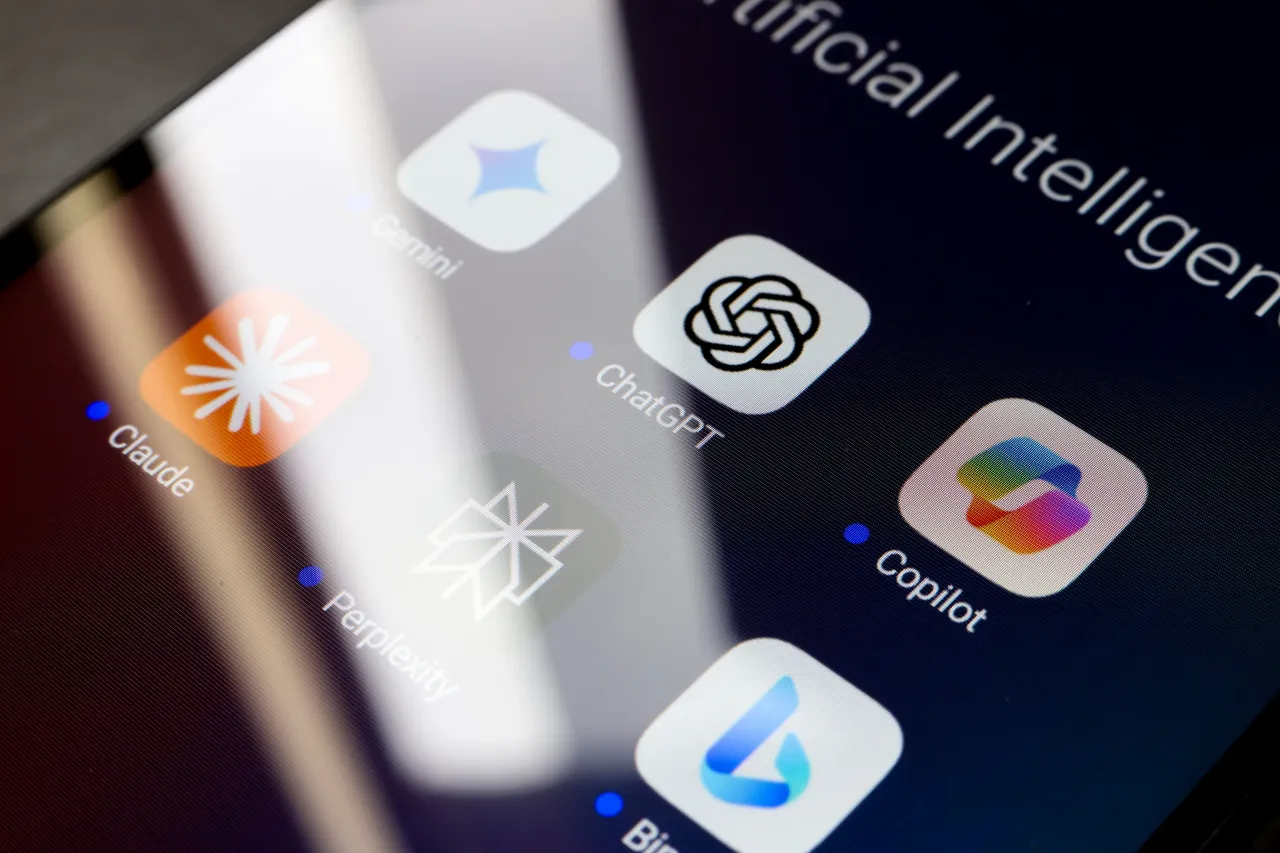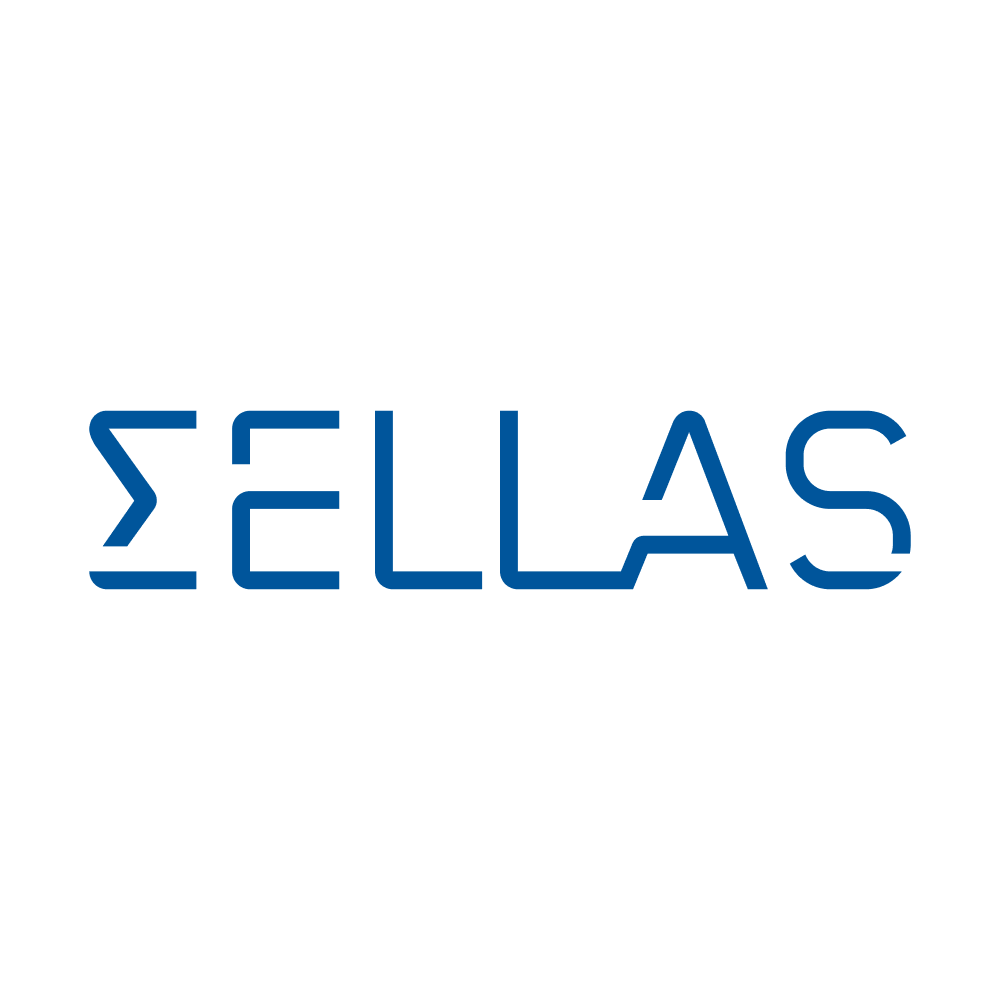Advertisement|Remove ads.
AI Boom Or Bubble? Bain Forecasts Huge $800B Gap Between AI Revenues And Compute Costs By 2030

Amid concerns that the artificial intelligence (AI) industry is in a "bubble," characterized by excessive hype and company valuations that might not hold up, a top consultancy has put out a worrisome forecast.
Bain & Co. projects that by 2030, AI companies will need $2 trillion in combined annual revenue to fund the necessary computing power to meet projected demand for AI services.
However, their revenue is likely to fall $800 billion short of that figure, according to Bain's annual Global Technology Report, which was released on Tuesday and reported on by Bloomberg.
"If the current scaling laws hold, AI will increasingly strain supply chains globally," David Crawford, chairman of Bain's global technology practice, was quoted as saying.
The study notes a mismatch in the pace of the billions of dollars of investment by OpenAI, Google, and others in data centers and related AI infrastructure, and efforts to monetize services like OpenAI and Gemini.
While increasingly becoming ubiquitous and generating millions in revenue, top AI applications are still early in terms of enterprise adoption.
Companies, as well as users to some extent, are not immediately opening up their purse strings to pay for premium plans as they continue to assess material gains from using AI in their businesses and projects.
If revenues don't hold up, the required investment to sustain AI compute demand would not be met.
The biggest tech firms, including Microsoft, Amazon, and Meta, will ramp up their combined annual spending on AI to more than $500 billion by early next decade, according to Bloomberg Intelligence.
Global incremental AI computing requirements could surge to 200 gigawatts by 2030, with the U.S. accounting for half of that, according to Bain.
The report adds another concern to the growing rhetoric that AI revenues would not deliver as much as the investments made into the technology.
OpenAI CEO Sam Altman and chair of the company's board, Bret Taylor, recently made remarks suggesting that the industry could be in a bubble, sparking concerns in the tech and investor community.
Although Microsoft had an early mover’s advantage in the space through its partnership with OpenAI, rivals like Google and Meta are closing in fast. On the consumer-facing side, AI applications assisting in coding, media generation (text, image, and video), and productivity are getting more advanced at a fast clip, with their creators looking for ways to derive more AI use cases.
On Stocktwits, the retail sentiment was ‘bearish’ for Google and ‘neutral’ for Microsoft, as of the last reading. OpenAI, a private company, fetched an ‘extremely bullish’ view.
For updates and corrections, email newsroom[at]stocktwits[dot]com.











/filters:format(webp)https://st-everywhere-cms-prod.s3.us-east-1.amazonaws.com/large_stock_rising_resized_f17852d7aa.jpg)
/filters:format(webp)https://news.stocktwits-cdn.com/shivani_photo_jpg_dd6e01afa4.webp)
/filters:format(webp)https://news.stocktwits-cdn.com/large_natural_gas_plant_resized_jpg_e43db2dc7b.webp)
/filters:format(webp)https://st-everywhere-cms-prod.s3.us-east-1.amazonaws.com/Rounak_Author_Image_7607005b05.png)
/filters:format(webp)https://news.stocktwits-cdn.com/large_trump_jpg_fc59d30bbe.webp)
/filters:format(webp)https://news.stocktwits-cdn.com/large_Trending_stock_resized_may_jpg_bc23339ae7.webp)
/filters:format(webp)https://news.stocktwits-cdn.com/vivekkrishnanphotography_58_jpg_0e45f66a62.webp)
/filters:format(webp)https://news.stocktwits-cdn.com/large_JP_Morgan_JPM_resized_jpg_5def7e91d0.webp)
/filters:format(webp)https://news.stocktwits-cdn.com/Anushka_Basu_make_me_smile_in_the_picture_b92832aa_af59_4141_aacc_4180d2241ba8_1_2_png_1086e0ed8c.webp)
/filters:format(webp)https://news.stocktwits-cdn.com/large_Getty_Images_2240044381_jpg_d366402b12.webp)